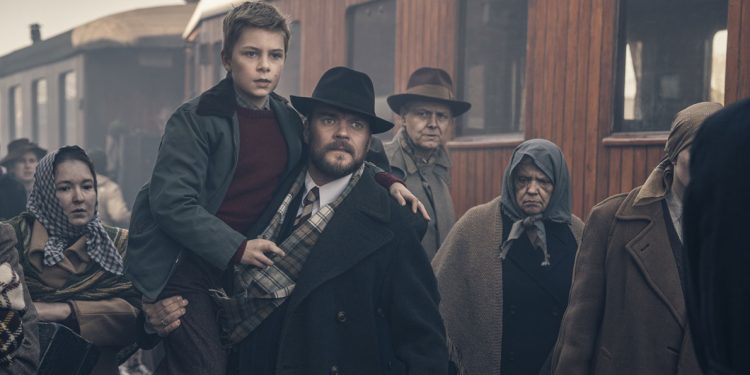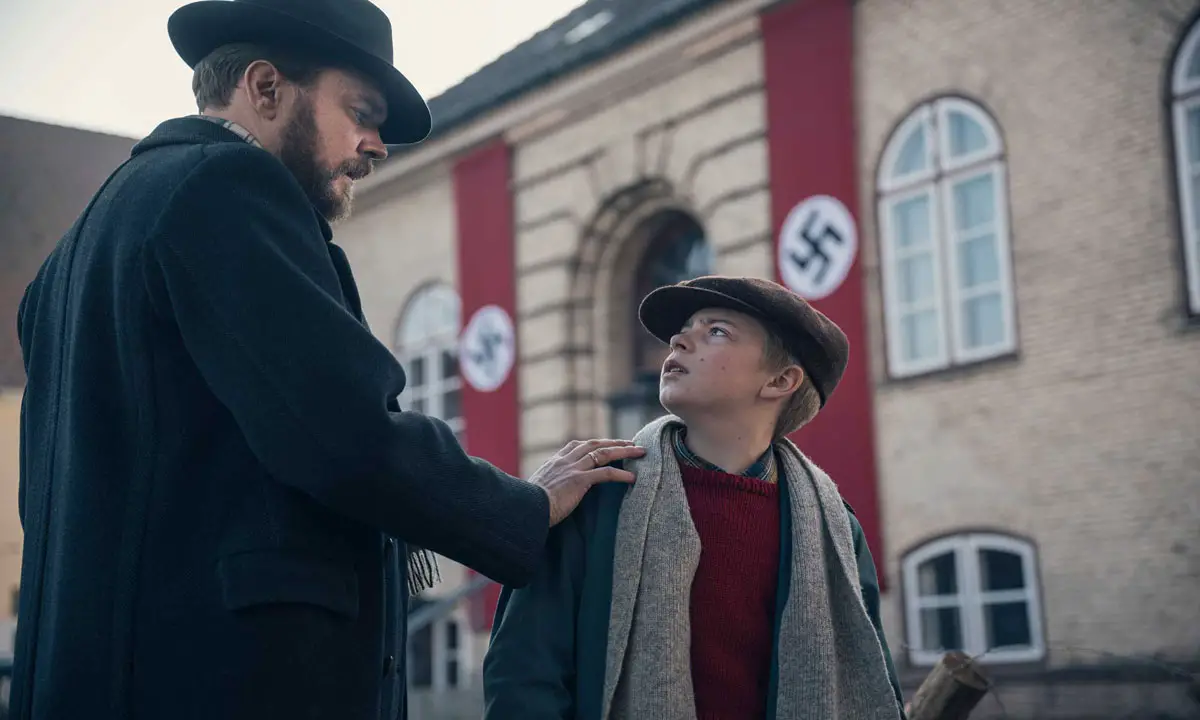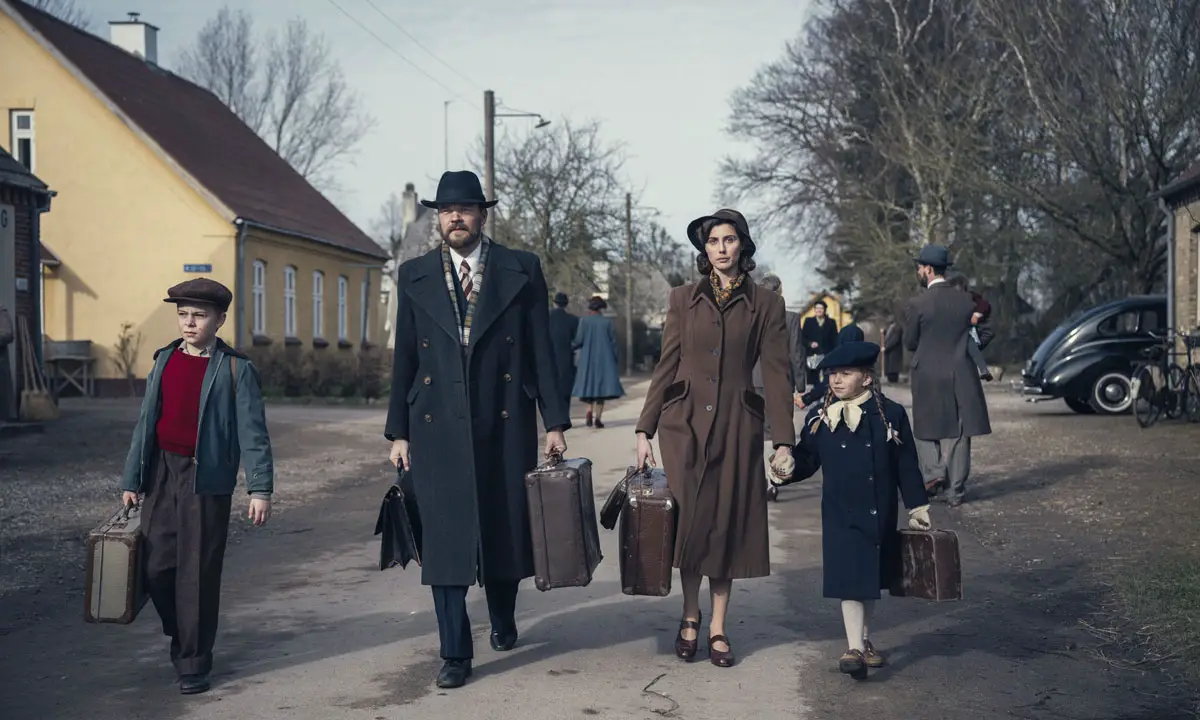Liberation (2023) – Film Review

Director: Anders Walter
Cast: Pilou AsbækLasse, Peter Larsen, Katrine Greis-Rosenthal
Certificate: 15
By Robert White
Often, films set during the Second World War depict the harsh realities of already well-known conflicts and predicaments. They tend to focus on allied forces or those in resistance against Nazi Germany, in their acts of heroism and sacrifice in the face of evil. Many are also considered epics, portraying the dramatic adventure and bravery of soldiers deployed on the frontlines.
Yet Liberation explores a relatively uncovered and more nuanced theme. Set towards the end of the war, Oscar-winning director Ander Walter attempts to capture the experience of German refugees in Denmark, as the Soviet Red Army drew ever closer towards Berlin.
With the end of the war all but assured, a moral dilemma developed over the treatment of German refugees who had evacuated their homeland. Around 250,000 German refugees were in Denmark at the time of Danish liberation and this film considers whether they ought to have been treated as complicit in the Nazi regime, or as human beings.
Focusing on Ryslinge Folk High School as a microcosm of wider Danish society, the film follows headmaster Jakob (Pilou Asbœk) as he learns that over 500 refugees are to remain in his custody in his school. Asbœk is excellent in this role, capturing the struggles over this moral dilemma, which many in authority in Denmark faced at the time.
The scarcity of war time and the abandonment of the German people by the Nazi government left many, especially children, vulnerable to death. Jakob presides over this decision, being pulled in various directions by the German occupiers, the school’s board, his colleagues and even his own family.
“Powerful”
It is on this last pressure Walter puts particular emphasis, as the other key character in Liberation is Jakob’s son, Søren (Lasse Peter Larsen). He is a young boy who represents the fear of both leaving the vulnerable there to die and the ramifications socially in supporting them with food and medicine.
As the film progresses, Søren’s social castigation for his father’s actions by his friends and his encounter with one of the German refugees, Gisela (Liv Vilde Christensen) prove influential in his perception of the issues.
It is this embodiment of the complexity of the situation by both Larsen and Asbœk which makes Liberation such a thought-provoking film, especially as they are backed up by strong supporting roles by Katrine Greis-Rosenthal, Morten Hee Andersen and Peter Kurth.
But rather than pushing clear notions of right and wrong and good versus evil, Liberation offers a reflection of wartime Denmark without an assured interpretation. And that is its crucial strength.
Underpinned by an appropriate yet powerful score, the film also cuts right to the key themes straight away. Given the current trend of self-important films at times clocking well over three hours, the straight-to-the-point narrative is refreshing. However, at just over an hour and a half, it is perhaps a little short and could have benefitted from greater character development, eventually leading to more emotion.
“Emotion”
Ultimately, the lack of length does also leave the film slightly less rewatchable than it could have been had there been more complexity in the characters, as the promise of a film full of intensity is slightly lighter than it should be.
But, yet again, maybe that is also its purpose. There is no ultimate catharsis come the end. There is no release or relief because there is not a clear right and wrong and thus it simply does not require the level of character development other films do.
Instead, Liberation simply offers different perspectives and leaves the crux of the morality to the interpretation of the audience. And, overall, despite the language barrier and short nature of the film, plenty of emotion still comes through and the themes remain powerful.
After the film, the details of what happened at Ryslinge Folk High School and in Denmark more widely are shown, demonstrating the real historical basis upon which the inspiration for Liberation was found.
With a fascinating plot and strong acting performances, Walter offers intriguing perspectives into the contradictions which dominated occupied Denmark at the end of the war. For this reason, Liberation is well worth your time.











